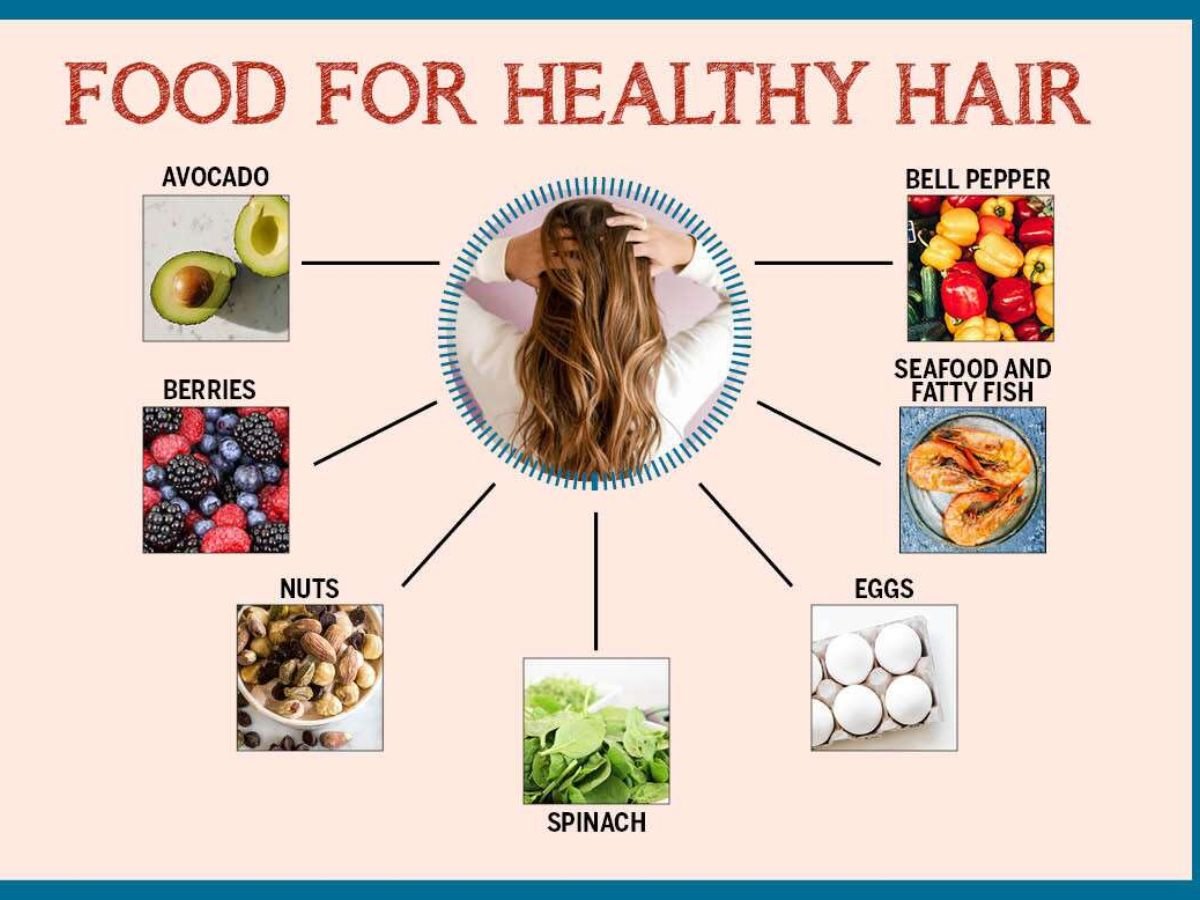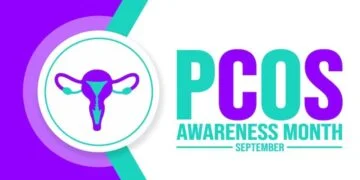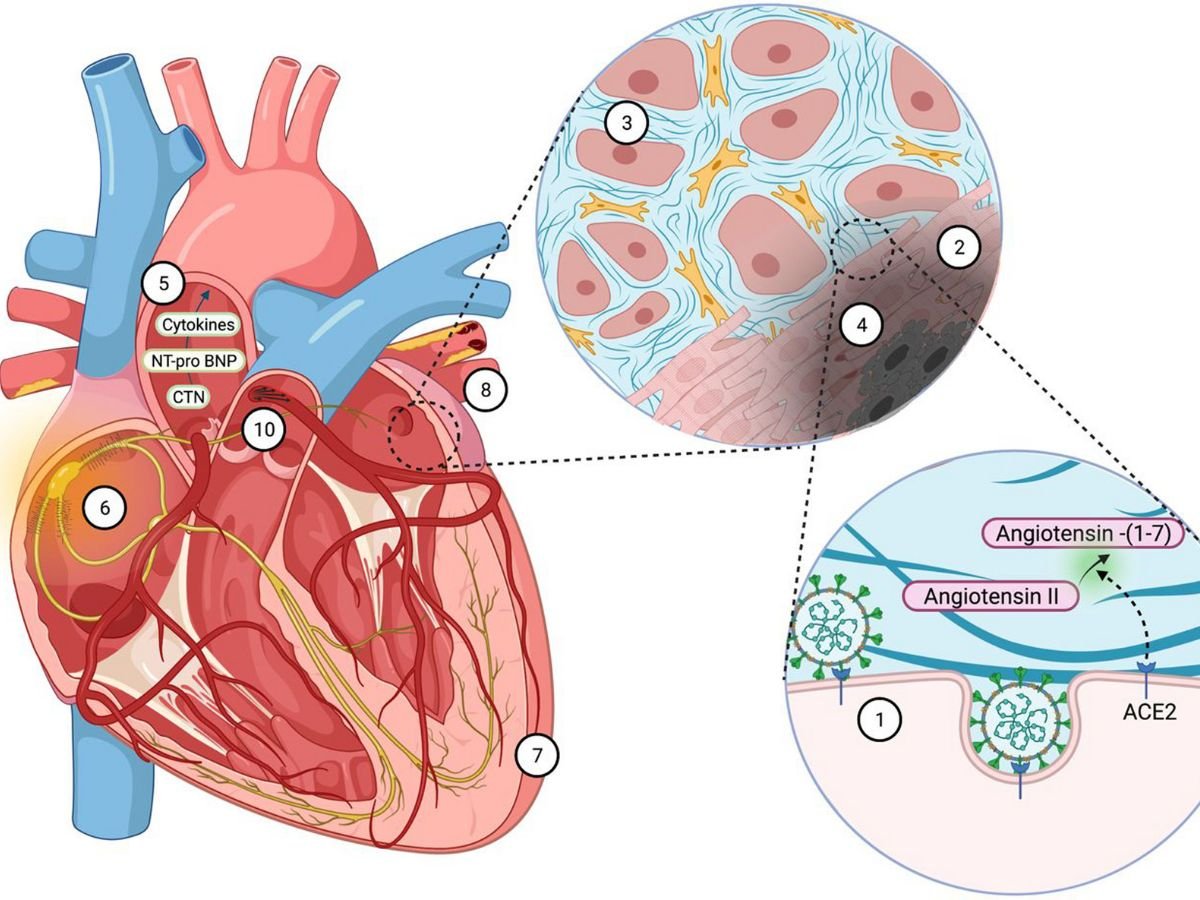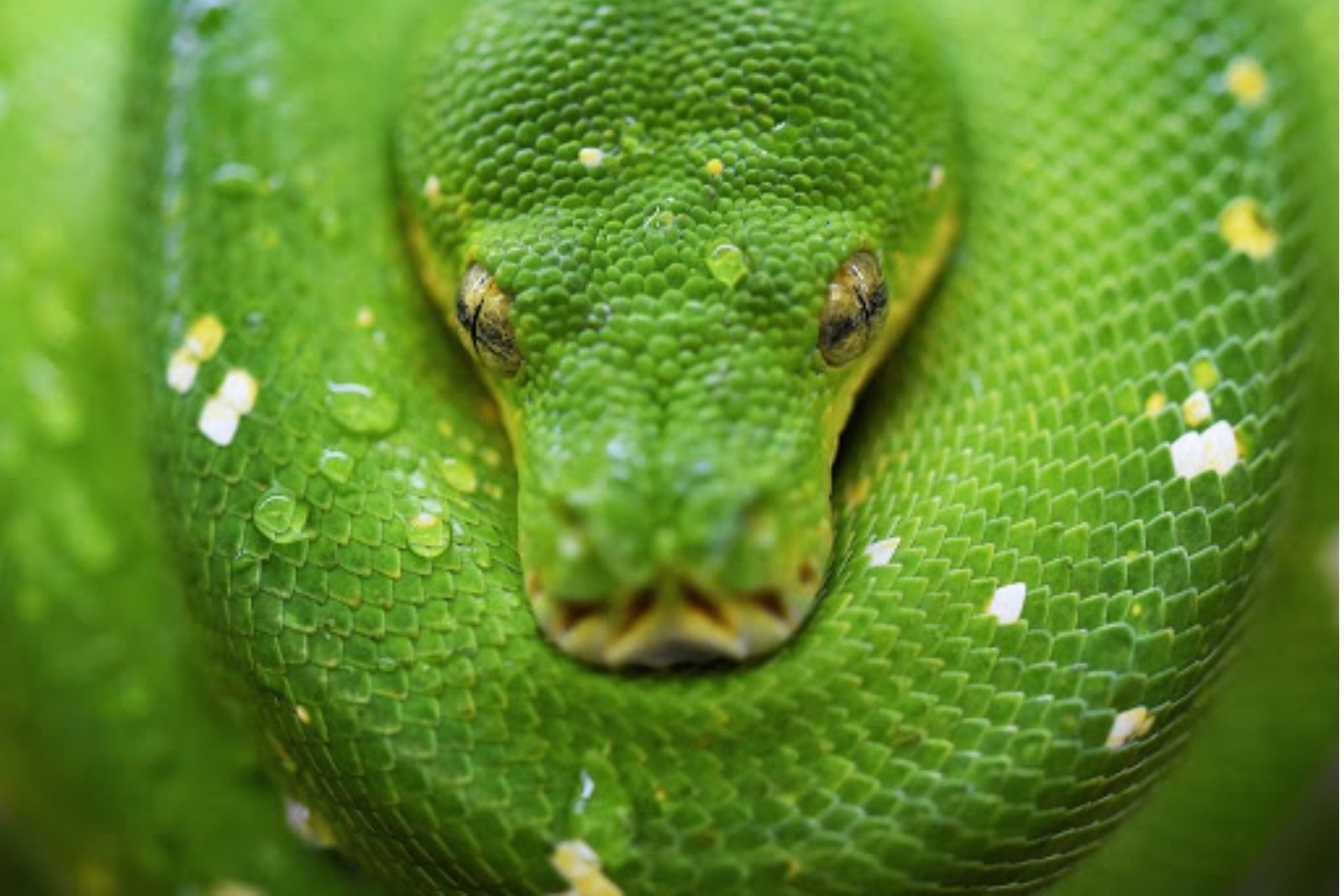Nutrients, A head of shiny hair may not be high on your priority list, but for some, a well-coiffed style is essential.
Certain conditions can have an impact on the health of our scalp and hair, so if you are concerned about sudden hair loss or other scalp issues, you should probably consult a medical professional to determine the underlying cause.
There are additional environmental, weather, and genetic factors that influence the quality and overall health of your hair, as well as its quantity.
We can help protect our hair by gently washing, drying, and combing it. Take care of it! If you have long hair, try to wear it down as much as possible because knots can cause damage. Also, avoid using chemical dyes and excessive heat from curling irons, straighteners, or dryers. Wear a hat to protect your hair from harsh weather conditions. However, there are some foods that you can eat to give your hair a boost! A lot of it is about getting the right nutrients to keep your scalp healthy, and eating a well-balanced and varied diet can help with that.
Take a look at this list of nutrients that are necessary for having healthy hair!
- Phosphorus
Protein deficiency, in addition to having numerous negative health consequences, will have an impact on the health of your hair. Protein deficiency can cause your hair (and nails) to become weak and brittle. You may notice that your hair is splitting and thinning. You may also experience hair loss and slow growth. It is hypothesised that under a protein deficient situation, the body seeks to conserve protein by suppressing less important demands such as hair growth.
Consume tofu, quinoa, amaranth, beans, lentils, and a variety of nuts and seeds to increase your protein intake. - Zinc
Zinc is extremely vital for the health of our hair and scalp. It is essential for hair tissue growth and repair, as well as keeping hair follicles healthy and lubricated. Although zinc deficiency has been related to hair loss, some evidence suggests that too much zinc can have the same impact. As a result, it is recommended that you receive your zinc from zinc-rich whole foods like spinach, wheat germ, lentils, and pumpkin seeds. - A vitamin
Vitamin A is required for all healthy cell growth in our body, including hair! Sebum is the oily fluid responsible for keeping our skin hydrated, our scalp healthy, and our hair shining. Vitamin A is responsible for the health of the gland that produces sebum. Hair loss can also be caused by a vitamin A deficiency.

4. Vitamin C
Vitamin C, as a powerful antioxidant, may aid in the fight against free radicals, which can stifle hair growth and even produce indications of age. Vitamin C is also necessary for the body to make collagen. Collagen basically holds our bodies together and provides strength and structure. This also applies to our hair. Vitamin C also helps our systems absorb iron, which is essential for hair health.
Check out these recipes for a healthy dose of vitamin C: 10 Recipes Packed with Vitamin C
- Iron
Our bodies cannot create haemoglobin without iron. Hemoglobin is required for the healing and growth of our cells, which include the cells that regulate our hair growth. Iron deficiency is known to be the cause of some hair loss, particularly in women.
Consume enough of dark leafy greens, whole grains, and legumes to get enough iron. You can also indulge in dark chocolate, dried fruits, and blackstrap molasses!










































